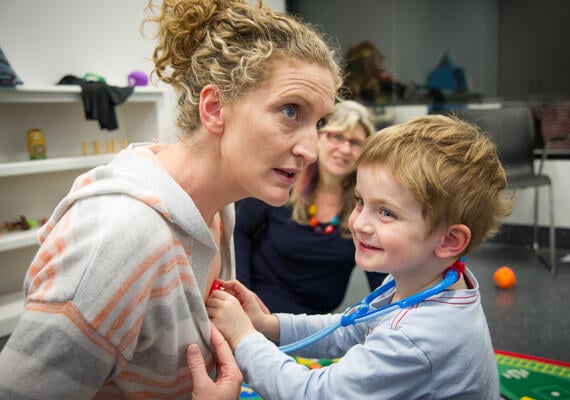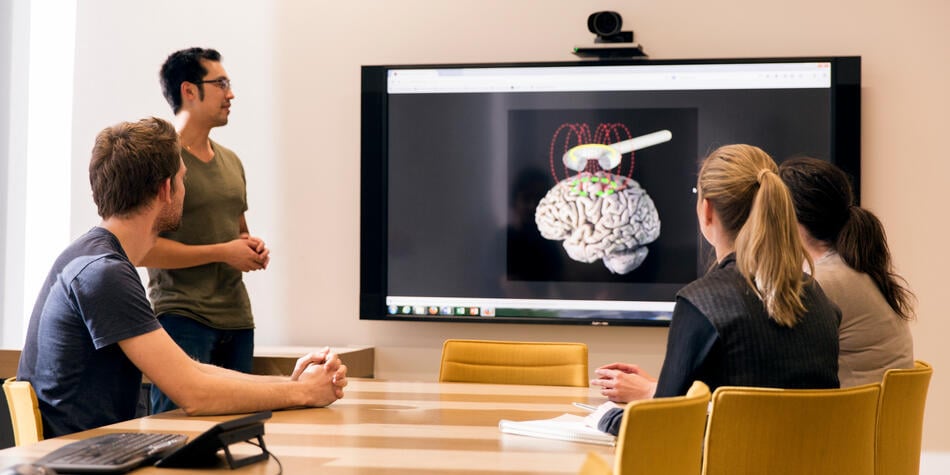Our goal is to alleviate distress and enhance the lives of children, adolescents and families impacted by poor mental health by engaging in high-quality research and translating science into practical outcomes.
Our focus
We focus on improving outcomes for children, adolescents and their families. We are interested in understanding the experiences of parents and carers and their children to determine how best to support mental health within families, particularly in those who experience adversity. While doing so, we maintain a focus on those with additional needs including young people with intellectual and developmental disabilities and youth residing in out of home care.
Collaboration in practice
The Deakin Family and Child Study Centre strives to reach the one in five children, adolescents and parents impacted by poor mental health, developing practical and sustainable evidence-based strategies to meet their clinical needs. Collaboration is central to our work and is supported by our in-house Youth Advisory Group. We include all children and families, creating programs that are culturally sensitive and inclusive.
The DFCSC supports the Deakin impact theme – Improving Health and Wellbeing – and is aligned with the strategic research SEED Lifespan, within the Deakin School of Psychology.
Key staff
The DFCSC is co-led by Associate Professor Jade Sheen and Associate Professor Glenn Melvin. Glenn’s research interests include anxiety, school refusal, depression and suicide prevention. Jade’s research interests include mental illness in childhood and adolescence, parenting and mental illness, and stress and wellbeing amongst health professionals and their families.


